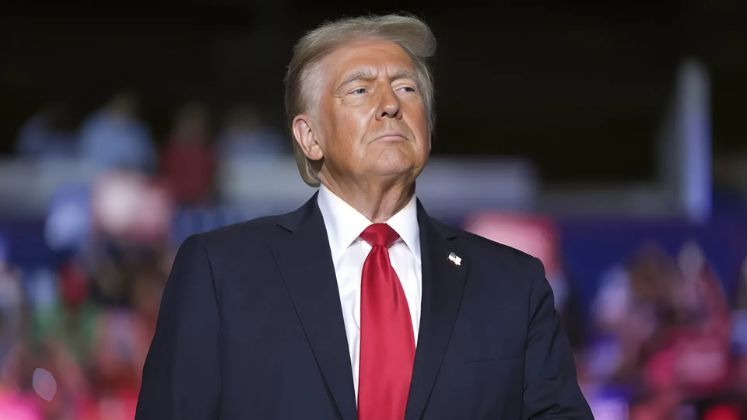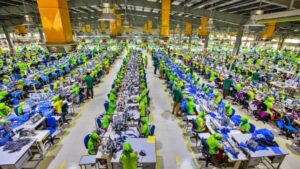
With Donald Trump winning a second term as US president, Bangladesh’s ready-made garment (RMG) industry is both optimistic and apprehensive. The potential ramifications of Trump’s win are being considered by local trade experts and commentators, especially in light of the expected move of Western clothing orders from China to Bangladesh.
Trump increased import duties from 3 per cent to 25 per cent during his first term, imposing substantial levies on Chinese goods. He alluded to much higher tariffs of up to 60 per cent during his most recent campaign. There are hopes that Bangladeshi clothing producers will profit from a possible surge of orders taken away from China as a result of this protectionist posture. At the moment, Bangladesh’s biggest export destination for clothing is the United States, where shipments average more than US $ 10 billion annually.
However, experts warn local media that in order for Bangladesh to take full advantage of this opportunity, a number of requirements must be met. Mustafizur Rahman, a distinguished fellow at the Centre for Policy Dialogue (CPD), said, “I do not see any major positive advantage for Bangladesh from the re-election of Trump, aside from the possible diversion of garment orders from China to Bangladesh.”
Rahman admits that there may be a rise in orders for clothing, but cautions that any benefits might be offset by more significant economic difficulties. Inflationary pressures and a U.S. economic slowdown could reduce demand for clothing generally. According to historical statistics, Bangladesh’s garment exports to the United States declined between mid-2019 and early 2020 as a result of tariff hikes during Trump’s first term, which coincided with a global economic slowdown.
Khandoker Rafiqul Islam, a former president of the BGMEA, is hopeful about the recent triumph. He claims that Trump’s planned tariffs could benefit Bangladesh’s RMG industry by increasing its appeal as a sourcing location for American companies looking for alternatives to China.
According to long-term forecasts, if these changes take place, Bangladesh may also experience a rise in FDI as investors look to diversify their business ventures away from an unpredictable China.
Overall, even if Trump’s reelection seems to have great future possibilities for Bangladesh’s RMG sector, industry participants are nevertheless cautious about the factors at play, especially the state of the world economy and the effects of ongoing geopolitical tensions. All parties involved in Bangladesh’s garment industry will be keenly monitoring the re-alignment of international trade dynamics.






